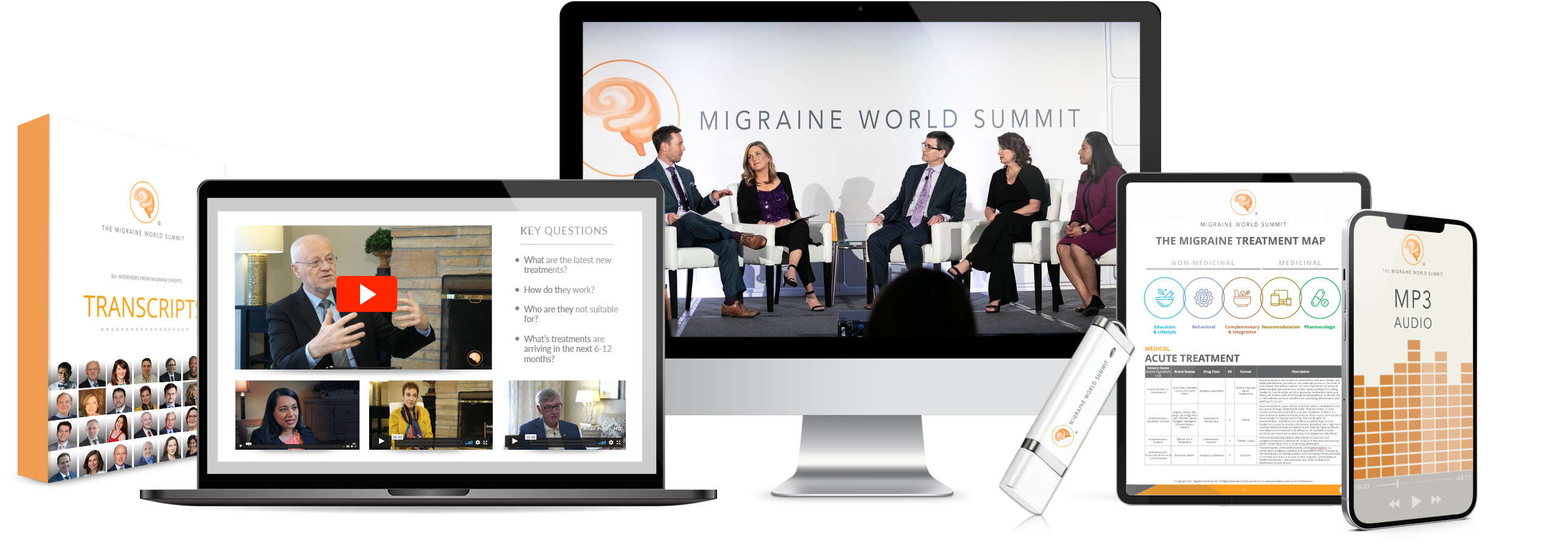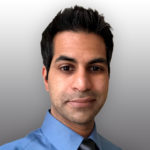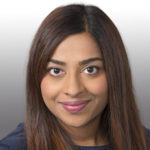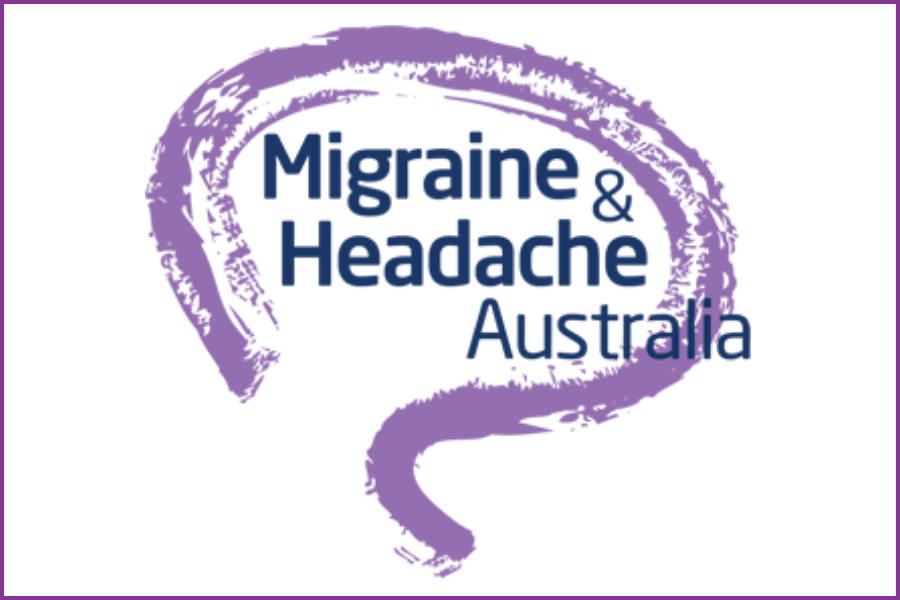Techniques for Managing Vestibular Migraine
You are currently watching a preview of this interview. Unlock the full version by upgrading to an Access Pass bundle! Get FREE access to 8 expert interviews from Day 1 and Day 2 when you register today!
Key Questions
- What is vestibular migraine?
- Does vestibular migraine always feature a headache?
- What does vestibular migraine feel like?
- Is vestibular migraine related to the inner ear?
- Is there a relationship between vestibular migraine and inner-ear disorders like Meniere’s disease and BBPV?
- How do you distinguish between vestibular migraine and inner-ear disorders?
- What are the primary ways to treat vestibular migraine, both acutely and preventively?
- What medications are appropriate for treating vestibular migraine?
- Do people with vestibular migraine experience symptoms sporadically or are they always present?
- What is the relationship between vestibular migraine and anxiety?
- Are motion-sickness medications like meclizine effective in treating vestibular migraine symptoms?
- Are CGRP medications an effective treatment for vestibular migraine?
- Can vestibular migraine be treated the same ways as regular migraine?
- What is vestibular therapy? Can it be helpful in managing vestibular migraine?
- What type of therapist is most appropriate for treating vestibular migraine?
- What is PPPD and how is it related to vestibular migraine?
- How does vestibular migraine affect one’s balance?
- How can someone with vestibular migraine improve their movement and stability?
- If vestibular therapy isn’t effective, does that mean it never will be?
- What are some nonmedicinal ways to improve vestibular migraine?
- What other specialists might be involved in treating vestibular migraine and its associated symptoms?
Interview Notes
Find more about Michael T. Teixido, MD and his work here:
- Michael Teixido MD – YouTube
- Association of Migraine Disorders | Research, Education & Awareness
- Sinus Headache, Migraine, and the Otolaryngologist
- 2019 Migraine World Summit interview
Treatments Mentioned
- Benzodiazepines (diazepam and clonazepam)
- Calcium channel blockers (verapamil, diltiazem)
- CoQ10
- Gepants
- Lifestyle management
- Magnesium (oxide, aspartate, gluconate, citrate)
- Meclizine
- Melatonin
- Tricyclic antidepressants (amitriptyline, nortriptyline)
- Triptans
- Sodium channel blockers (Depakote, topiramate)
- Vestibular therapy
- Vitamin B2
Please note: The Migraine World Summit’s aim is to bring you a variety of perspectives and expertise, independent of bias or judgment. Alternative theories presented in this video have not been medically reviewed. Views expressed in this interview do not necessarily represent the views of the Migraine World Summit. Please always consult your health care professional and do your own research before making changes to your treatment plan.

Michael Teixido, MD
Assistant Professor of Otorhinolaryngology
Thomas Jefferson Medical College, USA
Dr. Michael Teixido is an otolaryngologist with a special interest in medical and surgical conditions that affect hearing and balance. He was born in Wilmington, Delaware, and developed an interest in ear surgery because of a hereditary hearing condition in his family. He actively pursues his goals to advance the study and understanding of problems involving hearing, balance, and general otolaryngology through his participation in many national professional organizations and through frequent lectures to his professional colleagues and the public. Dr. Teixido has taken a leadership role in otolaryngology in education on migraine and benign paroxysmal positional vertigo (BPPV), and he has established teaching tools and foundations to improve patient care.
Dr. Teixido has an active neurotologic practice. He is the director of the Delaware Otologic Medicine and Surgery Fellowship, director of the Balance and Mobility center of Christiana Care, and co-director of the Pediatric Cochlear Implant and Auditory Rehabilitation Program of the duPont Hospital for Children. He teaches residents in otolaryngology regularly at Thomas Jefferson, University of Pennsylvania, and Philadelphia College of Osteopathic Medicine.

Purchase full access to the entire 2024 Summit to unlock:
- All expert interviews with separate audio (MP3) files & transcripts
- 30 extended, uncut interview editions with hours more expert footage
- Lifetime on-demand access with no annual fee to 2024 Summit
- Interview Summaries
- Treatment Directory & Guidelines
- And much more!
Related Talks for: Day 4 (2022)
Physical Therapy Modalities for Headache & Pain
Ali Ladak, PT, DPT, PhD
Drug-Free Devices for Modulating Migraine
Deena Kuruvilla, MD, FAHS
Understanding The Genetics of Headache
Professor Lyn Griffiths, PhD, BSc Hons
Migraine & Headache Australia is the only organization in Australia that has supported the more than 5 million Australians affected by headache and migraine for 20 years. Migraine & Headache Australia is a division of the Brain Foundation.

Use Learning Tracks to help plan your viewing around certain themes of information. To view Learning Tracks scroll to the footer at the bottom of the page and select 'Learning Tracks' from the bottom menu.






